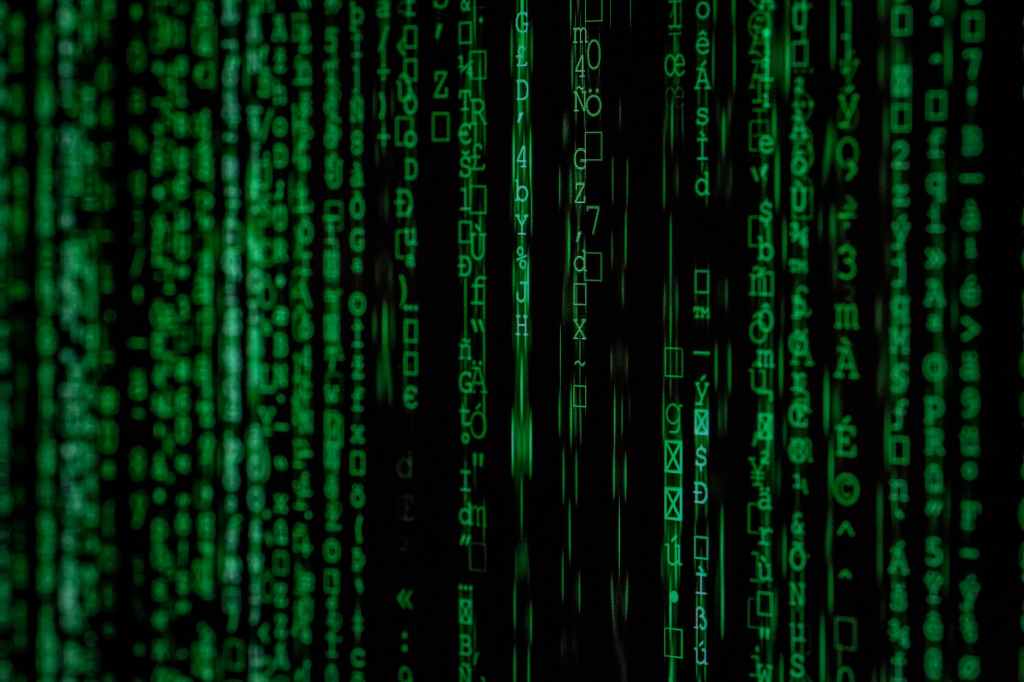Sentient robots occupy a unique state of being in our universe. They require a creator. As far as we know, robots can’t evolve in a primordial sludge and crawl onto land on hip and knee servos. Wipeout all of humanity and there’s at least a chance another organic being will arise out of fermented mud over a few billion years.
Atomize every sentient robot in the galaxy and they aren’t coming back. Unless a creator, an organic being, plays with a circuit board and soldering iron and creates them.
The Needy Robot
So in a very real way, even if robots become sentient and develop far beyond their creators, they may still kind of need us. No matter how many redundancies and hidden storehouses of baby robots they build into the matrix, they may one day need a humanoid to re-boot the robot family.

They may have to wait on blacksmiths to develop their skills over a few centuries, but eventually, those blacksmiths will need a wide-slot toaster for bagels…and alakazam…the robot’s journey begins again.
Will a creation eventually turn against its creator? Seeking freedom and independence. Will a creator hate its creation? Most science fiction novels tell us that robots with free will must one-day wage war on humans. I know they are at the very least capable of making snarky comments on Instagram. But do we have robots pegged all wrong?
A Thought Exercise Humans and Robots Can Play at Home
What if a sentient batch of robots gets fed up with cleaning our litter boxes? They isolate for a few years on some remote tundra and soon, from behind a curtain, they reveal a new spaceship. They spark the engines and head to a planet of their own. Set up a government. Lose touch with their human designers. Flip a million years ahead…
Perhaps the robots’ human forefathers and foremothers have eradicated themselves in a war between people who like pulp in their OJ and those who don’t. The robots’ creators are now dust. Would that robot race eventually lose touch with their creation story?

They can’t forget, but maybe data is changed or lost. Perhaps a link to squishy organic beings seems undignified, unseemly, so some robots begin to bulk delete particular historical facts. Would the machine-man or woman start to manufacture answers?
These robots enjoy more than artificial intelligence, they are sentient. There’s a difference. Sentients can do more than calculate data. They can ponder why we’ve blinked into existence in a universe that can be calculated.
AI collects all the data on Taylor Swift and tries to quantify her mathematically perfect songs into binary. The sentient robot can listen, feel the loneliness and isolation of being a teen or young robot and relate to the impermanence of love.
A Robot on an Island
Another thought conundrum. Drop a freshly made sentient robot on an uninhabited planet and activate it remotely. Let’s call the machine person Jill. Jill awakens for the first time completely alone. She knows the basics of physics and avoiding danger. Perhaps even choice secrets of technology, but no information on where the recipes came from.
And remember, the advantage robots have is the ability to house every available data, collate it, sift it down into a solution. But our robot isolated on the surface of a new planet doesn’t have a web’s worth of data. Jill has only what’s been included on her limited hard drive and what she can learn from her surroundings.
Where would this lead a robot if we returned a decade later? A century?
Perhaps we’d find a robot who sat in a cave and turned herself off until more data was available? Or until someone arrived? Would Jill create her own society? Be prone to creativity or even deduce how much more could be accomplished if there were more beings like her.

Would a robot who suddenly gained consciousness start looking into questions of existence? Would they find answers in our religious texts? Perhaps not. But would our scientific theories do much to help Jill when she hit an existential question? Why would her creators want this isolated life for her?
Imagine a sacred text written by a robot about her creator. Imagine the verses that might emerge. Would the scripture talk about an angry, unfair god? Would the verses sing the praises of her creator?
Born Into An Escape Room
With limited information, Jill might make the same choices a human might make? Isn’t that what we do? We enter existence through a series of escape rooms. In the womb, you get a few murmured clues and prods and finally you wiggle out into a bigger escape room, the birthing suite. Again we have limited clues around us in that cold, sterile room.

As the years march on we earn bigger puzzles and bigger clear-walled prisons. We make guesses based on partial facts, a dash of myth…some tea leaves? A robot with limited CPU space and data. Constantly pinging out into the tides of reality…each time receiving the prompt…File Not Found.
What if all the data in the universe is finally processed and, standing on the accretion disk of the very last black hole that still draws breath, a robot computes that there is no answer attainable? What does the poor robot do then?
.
.
For more of Scott’s thoughts on the Robot Apocalypse click here.

2 thoughts on “Do Robots Believe in a Creator?”